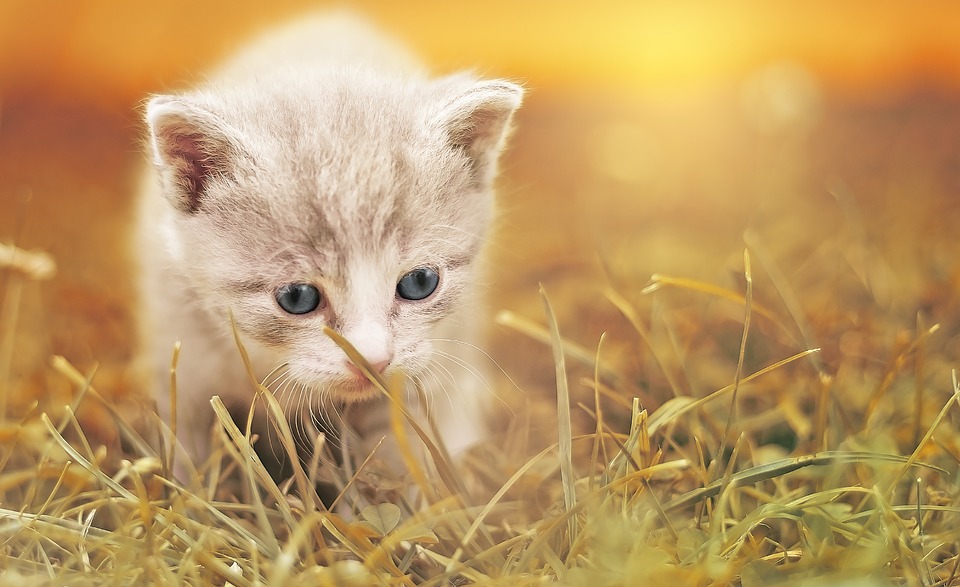
If you know anything about Parvo, you know it’s definitely not something you want your cat to get. It’s very common in dogs and in cats Parvo is called Parvovirus Enteritis. This virus is what cause feline distemper or feline panleukopenia virus (FPV).
So yes, cats can get parvo if they are exposed to feces of an infected animal. It’s a life-threatening disease for cats because it causes severe anemia which then weakens the immune system and leaves your cat vulnerable to viral and bacterial infections. The best way to protect your cat against parvo and FPV is to have them vaccinated.
Can Kittens Get Parvo?
Kittens are more susceptible to Parvo, especially if exposed to an infected animal such as their mother. But parvo can also be transmitted by fleas that have fed off of an infected cat which is why it’s very difficult to prevent your kitten from being exposed to this deadly disease. Kittens from two to eight months are especially vulnerable to this disease and can experience severe symptoms.
Visible symptoms of FPV caused by cats who get parvo include:
- Diarrhea, sometimes with blood in it
- Weight loss
- Vomiting
- Coat that seems rough
- Standing near food dishes but not eating or drinking
- Complete disinterest in food
- Resting their chin on the floor
- Tucking their feet under their body
- Lack of coordination and other neurological issues
If you observe any of these symptoms in your kitten, get a check-up from a veterinarian as early as possible. Other symptoms your vet may identify include dehydration, high fever, anemia, and depression. The key to surviving the parvo virus for cats is in getting treatment as soon as possible.
Can Cats Get Parvo from Dogs?
Since many pet owners have both cats and dogs, it’s not unusual to wonder if cats can get parvo from dogs. While dogs can get parvo in a similar way to cats, the two diseases are different. There is some debate over whether cats can get parvo from dogs, but the majority opinion seems to be no. Although it has be proven that humans can pass the parvo virus on to cats if they handled feces, bedding, or food dishes of an infected cat without washing their hands before handling healthy cats.
The parvo virus can also stick around on surfaces for up to one year, which means it’s very important to keep your cat’s environment clean and sanitized. Bleach can be used to sanitize however, most vets recommend replacing all cat equipment, bedding, and toys if a parvo virus is suspected.
Can Cats Get Parvo and Survive?
The good news is that many adult cats who get parvo can survive if they get treatment in time. Most cats who are able to make it through the first two days will recover fully from the disease. It may take several weeks for your cat to fully recover and it will need daily care and support from you. The only benefit for a cat who survives parvo is that they will be immune from it in the future which means it cannot get parvo a second time.